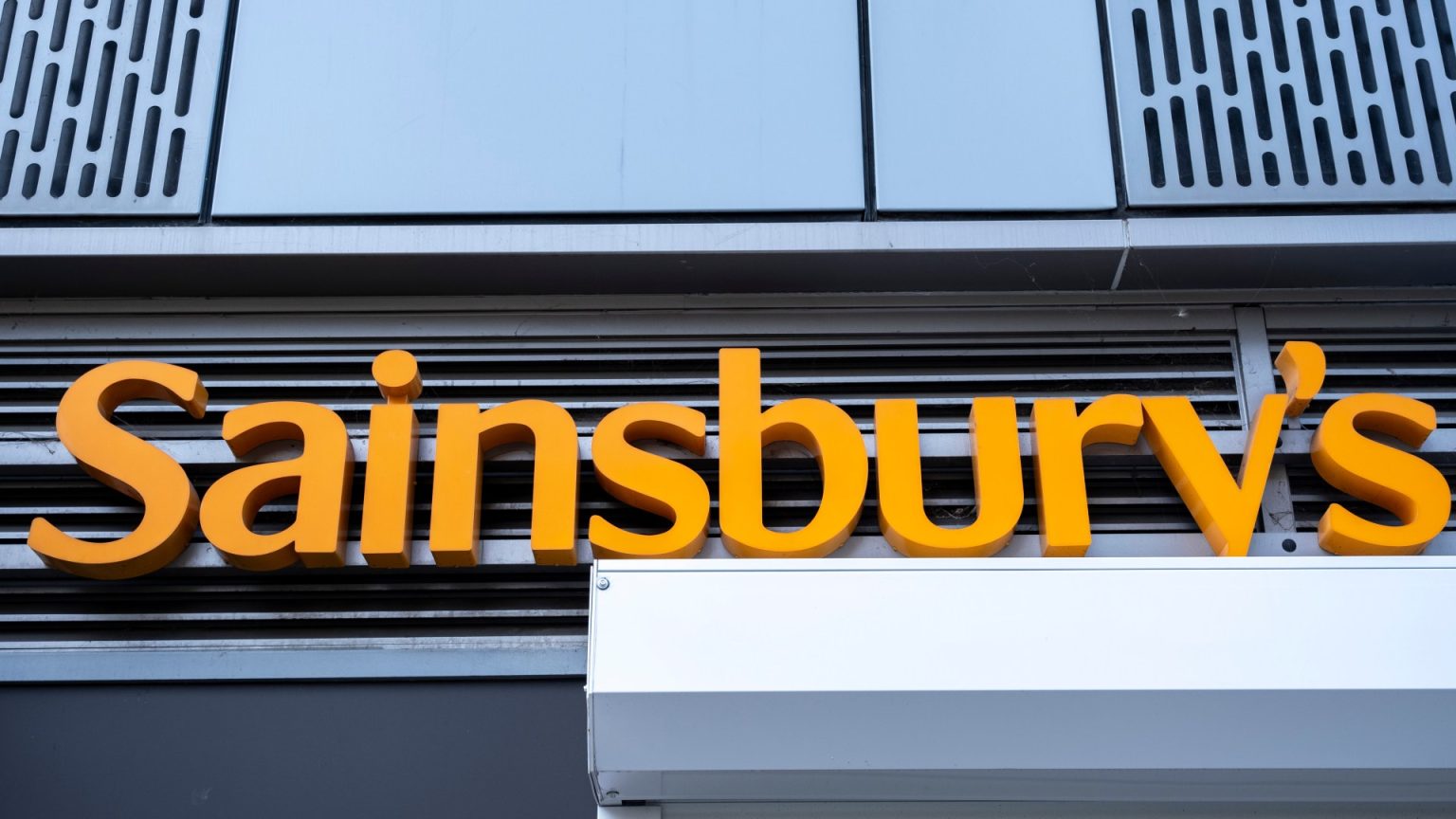Sainsbury’s CEO Criticizes Government’s Tax Hike, Citing Lack of Consultation and Warning
Simon Roberts, CEO of Sainsbury’s, the UK’s second-largest supermarket chain, has strongly criticized the government’s recent National Insurance increase, characterizing it as an ambush on businesses. Roberts emphasized the lack of prior consultation or warning, leaving companies with no time to adequately plan for the substantial financial impact. He argued that a phased approach or a longer lead time would have enabled businesses to adjust their strategies more effectively, minimizing the need for drastic measures such as price increases and hiring freezes. The unexpected tax hike has placed immense pressure on Sainsbury’s, which now faces a £140 million financial burden. This has forced the company to adopt a cautious approach to recruitment, potentially impacting job creation and economic growth. Roberts also urged the government to reconsider its business rates review, as further increases could exacerbate the financial strain on supermarkets and other retailers. Despite these challenges, Sainsbury’s recently announced a 5% pay raise for its employees, recognizing their contributions and the rising cost of living. However, the company’s share price has declined, reflecting investor concerns about the impact of the government’s tax policies on profitability.
The Broader Impact of the Tax Hike on Businesses and the Economy
The National Insurance increase has reverberated across the retail sector, with several companies experiencing share price declines. This underscores the market’s apprehension about the potential erosion of profits due to the new tax burden. The government’s fiscal policy has sparked a debate about its potential consequences for businesses, employment, and overall economic stability. Critics argue that the sudden and substantial tax increase could stifle investment, hinder job creation, and contribute to inflationary pressures. The lack of consultation has also fueled concerns about the government’s engagement with the business community and its understanding of the challenges faced by companies operating in a volatile economic environment. The situation highlights the delicate balance between raising revenue to fund public services and fostering a business-friendly environment that encourages investment and growth.
Sainsbury’s Navigates Challenges While Rewarding Employees
Despite the financial pressures stemming from the tax hike, Sainsbury’s has prioritized its employees’ well-being by implementing a significant pay raise. This move demonstrates the company’s commitment to its workforce and its recognition of the impact of rising living costs on household budgets. The pay increase will provide much-needed financial relief to Sainsbury’s employees, helping them cope with inflationary pressures and maintain their standard of living. The company’s decision to prioritize employee compensation amidst financial challenges reflects a long-term perspective that values employee retention and morale. This approach could also enhance Sainsbury’s reputation as a responsible employer, potentially attracting and retaining talent in a competitive labor market.
Market Reactions and Investor Concerns
The decline in Sainsbury’s share price, along with similar trends among other retailers, indicates investor anxiety about the potential negative consequences of the government’s tax policies. The market’s reaction underscores the importance of predictable and stable fiscal policies for investor confidence and long-term economic growth. Sudden and significant tax increases can create uncertainty and discourage investment, potentially hindering economic recovery and job creation. The government’s fiscal strategy must carefully consider the potential impact on businesses and investor sentiment to avoid unintended negative consequences for the economy.
Boots Experiences Sales Growth Driven by Beauty Products
In contrast to the challenges faced by supermarkets, Boots, the health and cosmetics retailer, has reported strong sales growth, driven by increased demand for beauty products. The company’s success highlights the resilience of certain consumer segments and the potential for growth in specific sectors, even amidst broader economic uncertainties. The popularity of premium make-up and Korean skincare products suggests evolving consumer preferences and the potential for retailers to capitalize on emerging trends. Boots’ positive performance demonstrates the importance of adapting to changing consumer demands and offering products that resonate with current market trends.
Mortgage Rate Predictions and Housing Market Outlook
Experts predict a further rise in mortgage rates following recent bond market volatility. This development could impact the housing market, potentially dampening demand and affecting affordability for prospective homebuyers. The rising cost of borrowing could also discourage investment in the housing sector, potentially slowing down construction activity and impacting related industries. The evolving mortgage rate landscape underscores the interconnectedness of financial markets and the potential for external factors to influence the housing market and the broader economy. The government’s fiscal policies, along with broader economic conditions, will play a crucial role in shaping the future trajectory of the housing market and its impact on household finances.




